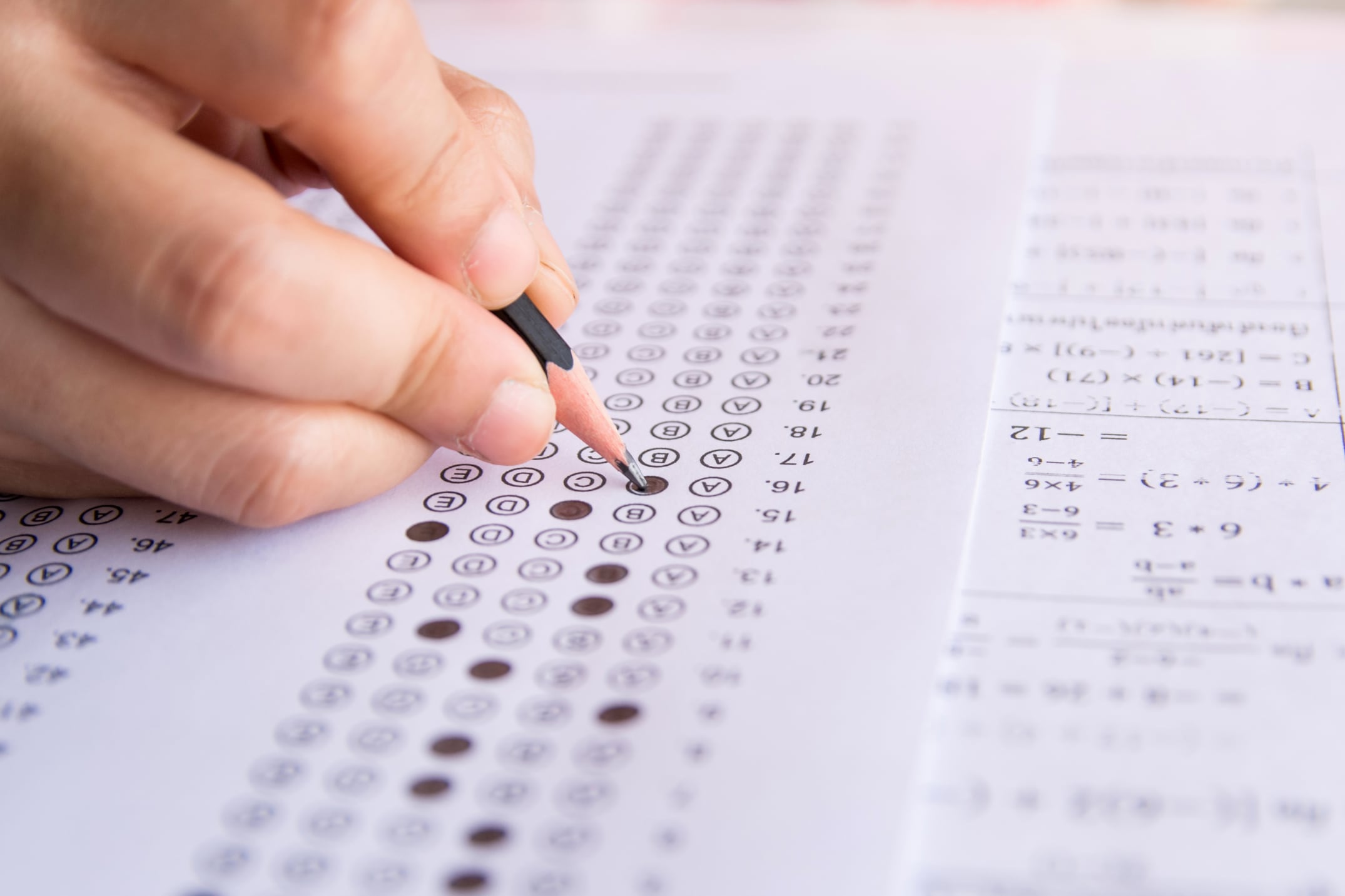Philadelphia students’ scores declined or were essentially unchanged on newly released federal test results, with the most pronounced declines coming in fourth grade math.
Pennsylvania students overall also registered drops in reading and math on the National Assessment of Educational Progress, known as NAEP.
The main NAEP test, which is also called the “nation’s report card,” is typically administered every two years to fourth and eighth graders by the National Center for Education Statistics. Monday’s NAEP results, which are also broken down by states and certain large cities, are the first such scores since the pandemic significantly disrupted student learning and shuttered school buildings in the city and across the U.S. beginning in March 2020.
In each grade and subject, Philadelphia’s scores are well below national averages, as they have been for the more than a decade that these tests have been given. While the lengthy period of virtual learning and other challenges faced by Philadelphia students during the pandemic likely contributed to the drops, the district didn’t see declines as big as some other large cities — and the drops in some subjects weren’t statistically significant.
Philadelphia schools did not fully reopen for in-person learning until the start of the last school year, when there were additional interruptions in classroom time driven by COVID-19’s omicron variant.
In the country as a whole, fourth and eighth graders saw unprecedented drops in math and significant declines in reading between 2019 and 2022. While research had already shown that academic progress was derailed over those years, today’s NAEP results provide the most detailed and authoritative accounting yet.
The results will be closely scrutinized as educators, public officials, researchers, parents, and others attempt to get a handle on COVID’s effect on student learning. NAEP, which tests a sample of students, differs in several ways from states’ standardized exams — in general, it has a higher bar for proficiency than state tests. NAEP is also low stakes for students, educators, and schools.
The district has used $1.1 billion in federal COVID relief money on before- and after-school programs, additional staff, and tutoring to help students’ academic recovery from the pandemic’s disruptions.
Philadelphia Superintendent Tony Watlington said the fact that the district’s scores on three of the four NAEP tests did not significantly change “given the many challenges that all school districts have experienced these past three years is encouraging news that we intend to build on going forward.”
And Tonya Wolford, the district’s chief of evaluation, research, and accountability, said the data from NAEP and other assessments “provides a broad lens for us to view how our students are performing and what areas we need to focus on to improve academic outcomes.”
In the most recent round of NAEP results, Philadelphia’s fourth graders’ average math scores dropped eight points compared to the previous main NAEP tests from 2019, the last time those exams were administered. That decline is considered statistically significant. The drops in eighth grade math — four points — as well as reading — two points in fourth and one point in eighth — were not considered significant, meaning researchers couldn’t say for sure the changes were any different than no change.
Still, Philadelphia’s average scores all remained below the national cut score for proficiency. Just 17% of Philadelphia eighth graders, for example, tested proficient in math, compared to 31% across Pennsylvania and 26% in other large cities nationwide.
Statewide, Pennsylvania eighth grade average math scores dropped 11 points, a decline considered significant by NAEP officials, while fourth graders’ math scores dropped by 6 points. In reading, fourth grade scores dropped by four points and eighth grade scores fell by five, decreases that are deemed significant.
Although the NAEP scores have been closely scrutinized due to the pandemic, the scores for Philadelphia students were largely stagnant or declining before 2020, mirroring a national trend. Philadelphia students’ scores also lagged behind those of their peers nationwide before COVID.
For example, in 2019, 16% of the city’s eighth grade students achieved proficiency or higher on the NAEP math exam, compared to 27% of students on average in large cities and 33 percent of students nationwide.
Results on Pennsylvania’s 2021 state exams released in March showed sharp declines in statewide student performance from 2019 (the state did not administer those tests in 2020). In eighth grade math last year, for instance, 22% of students scored proficient or better, compared to 32% in 2019.
However, the state has cautioned that fewer students took the Pennsylvania System of School Assessments (known as the PSSA) last year than in 2019, and that comparing results from the two rounds of testing is likely to be misleading.
The state is expected to release 2022 PSSA scores next month.





